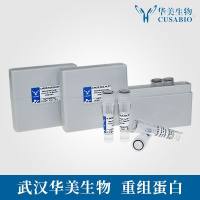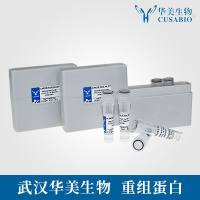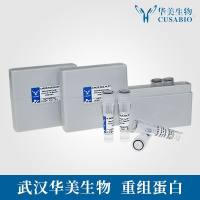Using Hydroponic Bioreactors to Assess Phytoremediation Potential of Perchlorate
互联网
互联网
相关产品推荐

KIT,UNIV V ASSESS NA/JAP/EUR/UK/AUS RC
¥7293

JC-1,47729-63-5,A cationic, fluorescent, carbocyanine dye that can be used as a ratiometric indicator of mitochondrial potential δΨm in cells, tissues, and isolated mitochondria.,阿拉丁
¥3987.90

Recombinant-Bovine-Short-transient-receptor-potential-channel-5TRPC5Short transient receptor potential channel 5; TrpC5
¥9744

TRPM8/TRPM8蛋白Recombinant Human Transient receptor potential cation channel subfamily M member 8 (TRPM8)-VLPs重组蛋白Long transient receptor potential channel 6;LTrpC-6;LTrpC6;Transient receptor potential p8;Trp-p8蛋白
¥3780

Recombinant-Bovine-Short-transient-receptor-potential-channel-6TRPC6Short transient receptor potential channel 6; TrpC6
¥9576

